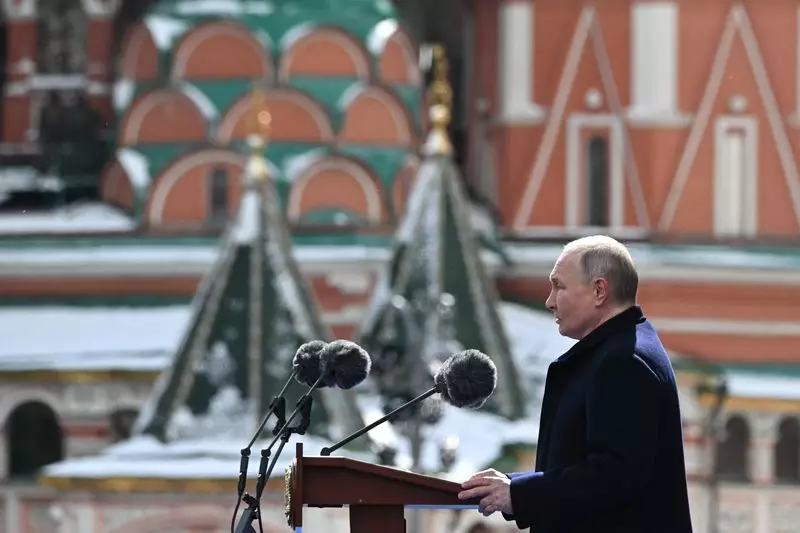The Group of Seven (G7) wealthy democracies are gearing up to issue a stern warning to smaller Chinese banks regarding their involvement in helping Russia evade Western sanctions. The upcoming summit, scheduled to take place from June 13-15 in Italy, will see leaders delving deep into discussions on the burgeoning Chinese-Russian trade and its implications on the conflict in Ukraine. While no immediate punitive action is expected to be taken against any banks during the summit, the focus will be on smaller financial institutions rather than the major Chinese banks. Negotiations are still underway regarding the format and content of the warning, with the primary objective being to address the issue of Chinese banks aiding the Russian economy through trade.
With China emerging as a significant supporter of the Russian economy, concerns have been raised about the country becoming the “factory of the Russian war machine.” The Biden administration and its allies are closely monitoring China’s role in facilitating Russian trade and are prepared to implement sanctions and tighter export controls to counteract Russia’s efforts to circumvent Western sanctions. While Washington has refrained from imposing sanctions on major Chinese banks due to potential repercussions on the global economy and U.S.-China relations, smaller Chinese banks have come under scrutiny for their involvement in facilitating trade with Russia, especially in goods with dual civilian and military applications.
President Joe Biden signed an executive order last year threatening sanctions on financial institutions that aid Moscow in bypassing Western sanctions. While the U.S. has previously sanctioned smaller Chinese banks like the Bank of Kunlun over various issues, including collaborations with Iranian institutions, the focus has now shifted towards curtailing Chinese banks’ support for the Russian economy. Chinese companies have started resorting to small banks on the border and underground financing channels to evade potential sanctions, thus creating challenges for Western officials in monitoring and controlling illicit trade activities.
Beijing has vehemently denied the accusations made by Washington regarding its alleged support for Russia’s economy. China has claimed that its trade exchanges with Moscow are normal and not in violation of any international norms. However, Western officials remain wary of the role played by some Chinese financial institutions in enabling trade with military implications, thereby posing a significant threat to international security and stability.
The shift towards increased trade in yuan between China and Russia, as opposed to the U.S. dollar, in the aftermath of the conflict in Ukraine has highlighted the efforts by both countries to shield their economies from potential U.S. sanctions. This move has not only raised concerns among Western officials but also underscored the challenges in enforcing sanctions on foreign financial institutions and regulating cross-border transactions effectively.
The looming threat posed by Chinese banks in support of the Russian economy underscores the complex dynamics of international trade and the need for greater cooperation among leading global economies to combat illicit financial activities that undermine global security and stability. The upcoming G7 summit presents an opportunity for world leaders to address these challenges collectively and devise strategic measures to deter countries from aiding sanctioned regimes through financial means.


Leave a Reply